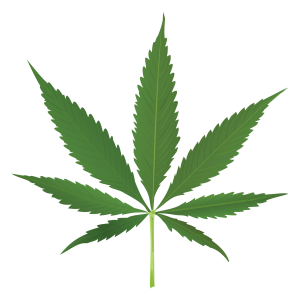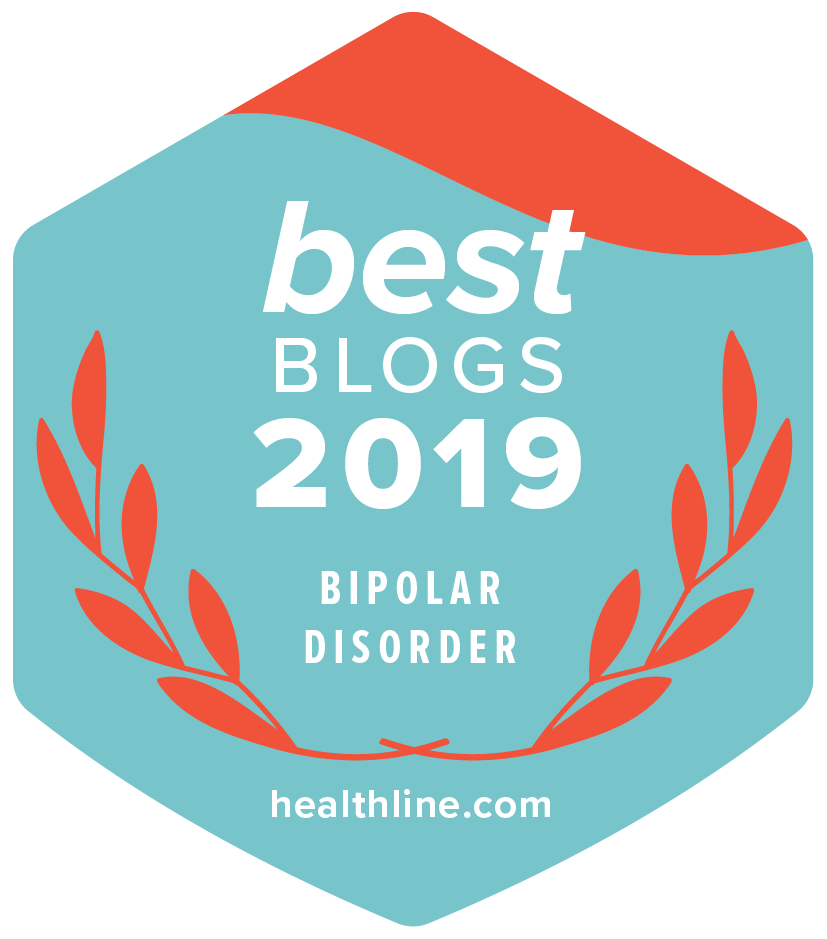Parent or the partner of a person with bipolar disorder or schizoaffective disorder?
Join Julie A. Fast and learn more about the connection between Cannabis and Bipolar Disorder Symptoms.
BIPOLAR DISORDER, CANNABIS and PSYCHOSIS
A Class for Parents and Partners with Julie A. Fast
Date: Sunday, October 22, 2017
Time: 4:00-6:00 PM PST United States.
This dynamic and timely classes teaches: 1.) How THC and CBD can affect bipolar disorder and schizoaffective disorder 2) How to calmly talk to an adult child or partner about cannabis use. 3) A harm reduction plan you can start today for life long results. Relationships can be saved.
Cost: $249 per phone line.
This is an interactive call. Class size is limited to ten phone lines.
Click here to register for the class. Choose the workshop tab in the white box to reserve your space.
ABOUT THE CLASS
Over half of my coaching business now involves a person with bipolar disorder who is having an adverse bipolar disorder reaction to marijuana. All of my bipolar disorder presentations now have a full section on the effects of pot use on people with bipolar disorder. I realized a few years ago that if I wanted to teach families and health care professionals help people with bipolar disorder, I had to come up with a plan to calmly educate the person with this illness about pot and show my clients and audience members how to approach the topic with a plan that works. This two hour class includes a lively discussion of marijuana use and how it can interact with bipolar disorder, a system to identify the symptoms of an adverse reaction to pot in someone with bipolar disorder and a full treatment plan to use immediately to help a person with bipolar disorder make informed decisions about marijuana use.
MEET THE TEACHER
My name is Julie A. Fast. I was diagnosed with bipolar disorder two with psychotic features in 1995. If diagnosed today, I would receive a schizoaffective disorder diagnosis. I’m a four time bestselling author on the topic of bipolar disorder, schizo affective disorder, psychosis, depression and anxiety. I work as a family and partner coach and regularly train health care professionals on bipolar disorder management. I have worked with companies, mental health agencies and treatment facilities around the world to change the way bipolar disorder, psychosis, anxiety and depression are treated and managed. I lived with a partner for ten years who has bipolar disorder one. I’m an original columnist for Bp Magazine for Bipolar, a regular contributor to magazines such as People, US, Newsweek, Huffington Post and the Psychology Today blog and have devoted my life to helping people manage mental health disorders successfully.
I’m excited to share my research and personal experience around the often emotional topic of bipolar disorder and marijuana use. We can learn the facts, face the challenges of this difficult topic and offer alternatives to those who need help managing their use of the drug. I have bipolar disorder and fully understand the need to self medicate- to calm down and to escape the mood swings. There is no judgement here. I smoked way too much pot in the 80s to ever judge someone for their choices. I’m committed to finding a reasonable and heart felt way to dealing with this significant and growing problem in the mental health world. Join me and be part of the answer.
A question…..
Does your loved one with bipolar disorder exhibit the following symptoms after using marijuana?
• Aggression
• Poor decision making
• Trouble working
• Magical thinking
• Loss of reasoning ability
• Psychosis- especially if the person has never been psychotic before. Paranoia is the most common symptom.
• Irritation, anger and or physical violence
• Personality change (especially a lack of empathy)
• Trouble with the law
• Inexplicable and out of character behavior that you have not seen from bipolar disorder mood swings alone
• An increase in bipolar disorder symptoms, especially dysphoric mania
Imagine my surprise when after a serious biking accident in 2012, I tried medical marijuana and as a person with bipolar disorder had the worst psychosis and mania of my life. Even after extensive research and careful planning to prevent bipolar disorder symptoms, I watched my bipolar disorder two symptoms turn into full bipolar disorder one symptoms in the space of a few days. This experience helped me see the situation from both sides and greatly deepened my ability to educate the public on bipolar disorder and marijuana use. Because of my personal experiences, I understand people with bipolar disorder who want to use marijuana to feel better. I also approach the topic from the perspective of an educator who is dedicated to informing the public in a calm and rational way about the serious symptoms that can show up when a person with bipolar disorder uses marijuana- even with the best intentions.
Have you heard any of the following statements from a loved one or client when you try to talk about bipolar disorder and pot use?
I use pot to calm down. It helps my anxiety and you need to get off my f’ing back!
It’s proven that marijuana helps people with bipolar disorder manage their symptoms. It’s better than taking some drug from big pharma.
I can do what I want. Why would they legalize it in so many states if it’s as dangerous as you say it is?
You smoked pot! Now you’re telling me I can’t! You’re a hypocrite.
There is no research on what you’re saying. The problem is far more serious with drinking that pot!
I need help, but I can’t stop smoking. It’s like there is a hold on me and I have to have it in order to function.
This group coaching call will give you the exact words to use when you hear the above statements. You will learn to have a two sided conversation about marijuana and bipolar disorder instead of participating in a one sided argument you know you will never win. I’ve shared my educational and harm reduction method with hundreds of clients who shared the above comments with me- it works.
OUR LESSON PLAN
PART 1: A stroll through the history of marijuana use and how the substance has changed in the past ten or so years. This section includes a thorough explanation of the different elements of marijuana and how they can affect the brain of people with bipolar disorder. You will learn how to have an educated and non emotional conversation about the topic. Medical marijuana use will be discussed with an emphasis on the roles of THC and cannabinoids. This is covered from a personal and professional perspective through my work with clients and health care professionals and my own medical marijuana experience.
PART 2: A comprehensive explanation of the symptoms that can arise from an adverse reaction to marijuana including the specific signs of pot induced psychosis and mania. You will leave the class knowing exactly how to distinguish between symptoms caused by the illness vs. symptoms created by marijuana use.
PART 3: You will learn my extensively tested and proven harm reduction plan yourself and then learn the exact words needed to share the information with someone who is showing signs of marijuana induced bipolar disorder symptoms with an emphasis on the specific signs of THC induced psychosis.
My goal is to teach you how to talk about this topic effectively and non emotionally. Appealing to and encouraging someone whom you feel is having trouble to stop using pot for health reasons rarely works. If you’re a health care professional, even one trained in substance abuse and rehab, you know how hard it is to talk with someone who is having bipolar disorder symptoms and using pot to feel better. Instead, you can explore why the person is using the drug- their philosophy behind marijuana use and come up with a way to talk about this topic dispassionately and positively. This is an educational and functional course. You will learn why so many people with bipolar disorder are having adverse reactions to today’s marijuana (as compared to just a decade ago) and how you can help a person with bipolar disorder understand why the drug is increasing symptoms and what can be done to help them choose a better way to mange mood swings. Yes, many people use weed to feel better and get caught by the strength of today’s marijuana. This is why education on how marijuana can affect the bipolar disorder brain is essential.
I hope you will join me and help educate the world on this important topic.
WHAT PARTICIPANTS ARE SAYING
Julie Fast’s passion, along with her very substantial in-depth ongoing research into the topic is what it will take to impact the mental health dilemma in our nation today. My husband and I were totally at a loss as to how to help our adult bipolar/ weed addicted son; following her advice allowed us to break through all of the muddled confusion and anguish. Julie showed us how to communicate more clearly with our son, and also how to navigate within the often disappointing realm of mental health providers. I have utmost respect for the groundbreaking work that she is doing. My son would not be on the road to recovery today had it not been for Julie’s unselfish and passionate coaching. Her insight in to the mind and struggles of a bipolar loved one is invaluable.
Melissa V.
Julie, you helped us get our daughter off of high THC pot and into treatment for her mental health symptoms. She believed we were poisoning her food and that dabbing was her medicine. We thought she would get harmed as she often left our house at night to be with fellow pot enthusiasts. You taught us not to ‘demonize weed,’ but to educated our beautiful girl on how her choices affected her brain health. She still wants to talk about marijuana and how it can help her. We emphasize that it’s her choice and that certain behaviors around pot have consequences. We stopped lecturing and started educating. It saved our family.
Gerald M.
Let’s changes lives for the better- together.
Julie
Click here to register for the class. Choose the workshop tab in the white box to reserve your space.









